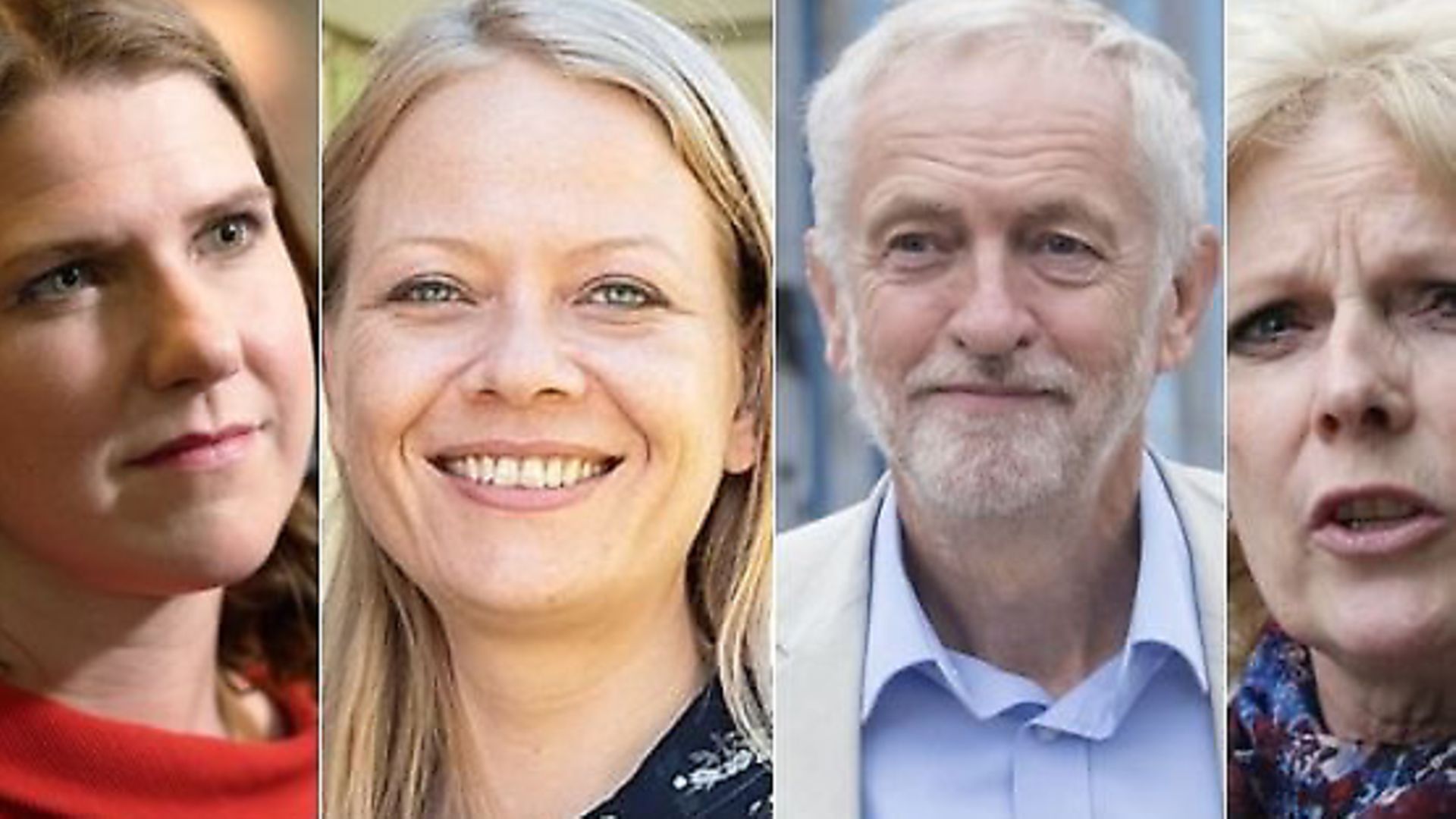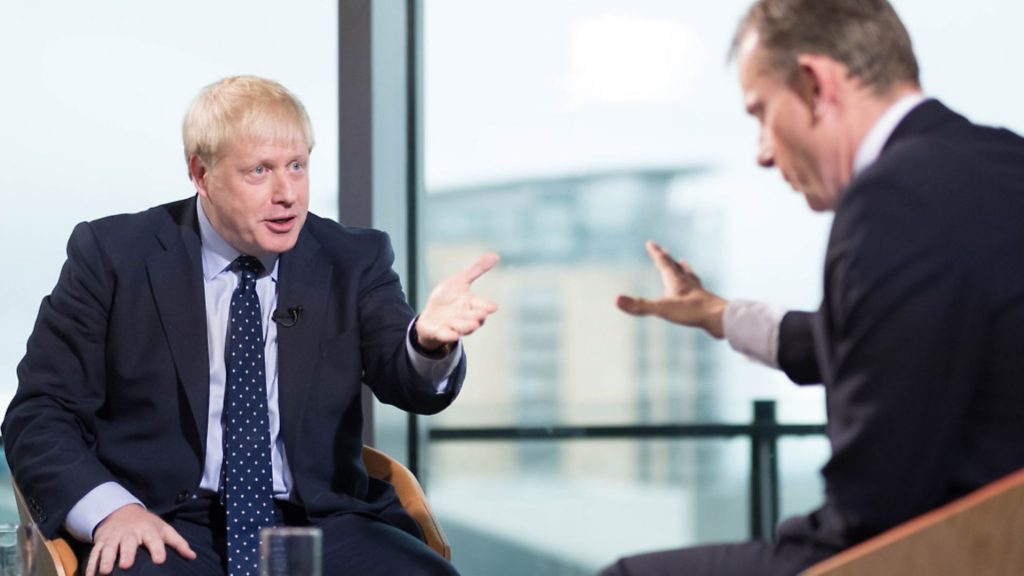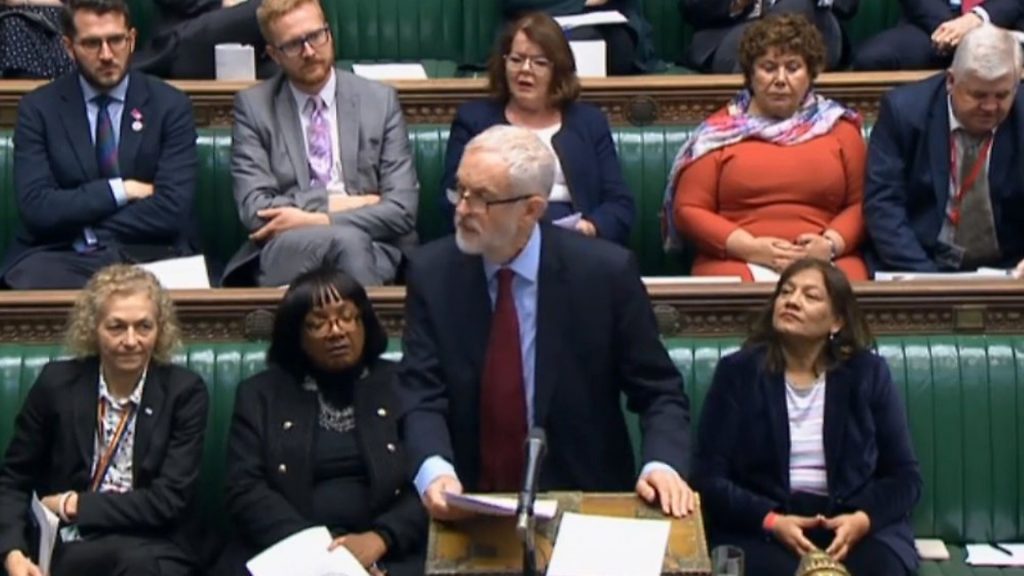
Despite the cost to the country, the prime minister is surging in the polls. But, says Mary Honeyball, the opposition still have the power to rein him in.

Recent polls are not encouraging for opponents of Boris Johnson, and Brexit. A survey from Opinium, released at the weekend, gave the Conservatives 38%, a 15-point lead over Labour, who were on 23%, with the Liberal Democrats relegated to their comfort zone of 15%.
Johnson, meanwhile, leads Jeremy Corbyn in the best leader stakes by a whopping 36% to 16%.
That the prime minister’s star should be so high following his non-plan for Brexit, which the EU has politely derided, appears utterly extraordinary.
Johnson’s seemingly hollow promise that Britain will leave on October 31, subsequently contradicted by documents submitted to the Scottish Courts, not to mention the provisions of the Benn Act, provides yet more evidence that the prime minister will stop at nothing to get his own way.

The unanimous Supreme Court decision that proroguing parliament was unlawful, the Jennifer Arcuri allegations and Johnson’s recent threat to squat in Downing Street even if found in contempt of court should be added to the list of the prime minister’s many outrages.
Yet it would appear that at least a third of the British people are in favour of such outrages.
The opposition parties, particularly Labour and the Lib Dems, need to urgently develop successful strategies to neutralise the Johnson effect.
Unless he can be stopped, the UK will find itself out of the European Union in the grip of an ultra-right, low wage, small state government the like of which has not been seen since the Corn Laws were repealed in 1846.
The Stop Johnson operation should start with a long hard look at the April 2019 study by the Hansard Society which showed that 54% of the British people wanted a strong leader who is willing to break the rules.
Johnson and his alter ego Dominic Cummings have taken this to heart. It is time Labour and the Lib Dems did the same, in terms of finding some strength for their side of the argument.
It goes without saying that the opposition parties should work together.
These two parties must put forward an alternative and united vision of Britain in the European Union. The British people need to be convinced that Britain is better off in than out. This means demonstrating that the social reforms Johnson is proposing – fixing social care, more money for the NHS, 20,000 extra police officers, minimum funding for secondary school students – are not compatible with Brexit.
Brexit will be expensive and there will be little additional finance for anything else. To beat Johnson, the opposition parties require strong winning policies plus a media fightback organised on an election footing, just as Johnson is conducting.
Strong policies will unfortunately bite the dust without publicity. The prime minister understands that obscurity is the worst of all worlds in the modern era. During his short three months at the helm he has appeared on the ITV lunchtime news nine times, its News at Ten 10 times and ITV evening news 13 times. Theresa May’s figures for her three years as prime minister were ITV lunchtime news 24 times, News at Ten 30 times and 35 appearances on the ITV evening news. Johnson has been working the TV schedules far harder than his predecessor.
The importance of the combined opposition to Johnson matching his extraordinary command of the media cannot be stressed enough. Part of the reason his support is so strong is that people see him on television and therefore know he exists.
We are facing a national emergency. Johnson is in danger of wrecking Britain as we know it. The fight for a fair society for the many not the few, for the rule of law and for our precious way of life must now begin in earnest. It’s a fight we must win. The stakes could not be higher.









